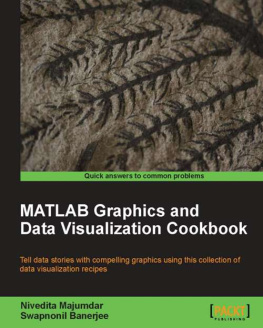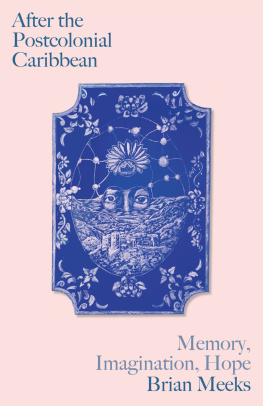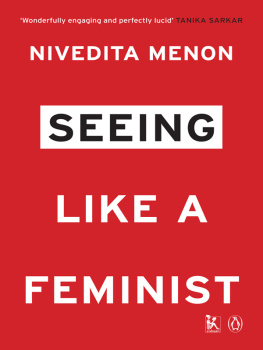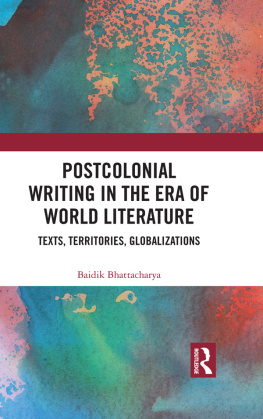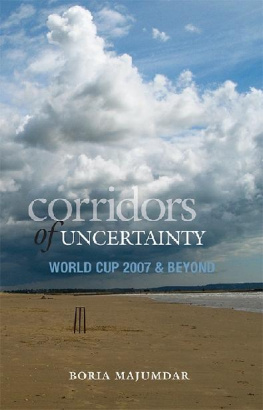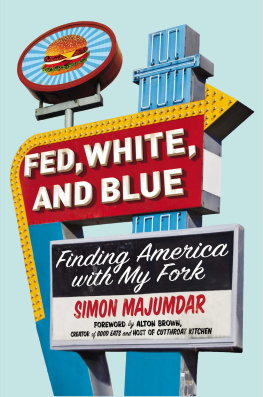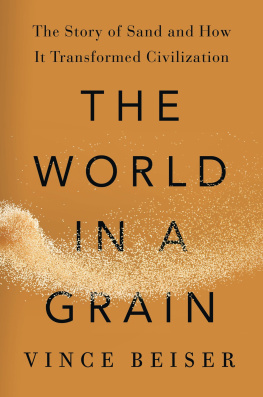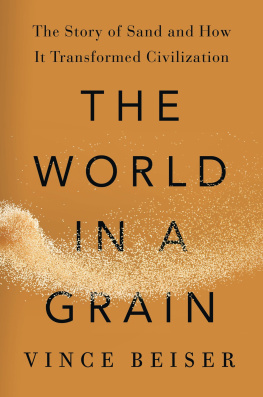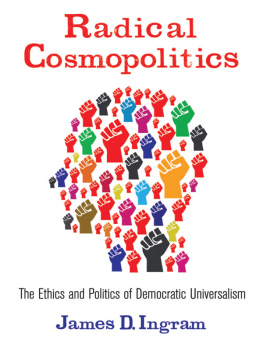Nivedita Majumdar - The World in a Grain of Sand: Postcolonial Literature and Radical Universalism
Here you can read online Nivedita Majumdar - The World in a Grain of Sand: Postcolonial Literature and Radical Universalism full text of the book (entire story) in english for free. Download pdf and epub, get meaning, cover and reviews about this ebook. publisher: Verso, genre: Romance novel. Description of the work, (preface) as well as reviews are available. Best literature library LitArk.com created for fans of good reading and offers a wide selection of genres:
Romance novel
Science fiction
Adventure
Detective
Science
History
Home and family
Prose
Art
Politics
Computer
Non-fiction
Religion
Business
Children
Humor
Choose a favorite category and find really read worthwhile books. Enjoy immersion in the world of imagination, feel the emotions of the characters or learn something new for yourself, make an fascinating discovery.

- Book:The World in a Grain of Sand: Postcolonial Literature and Radical Universalism
- Author:
- Publisher:Verso
- Genre:
- Rating:5 / 5
- Favourites:Add to favourites
- Your mark:
- 100
- 1
- 2
- 3
- 4
- 5
The World in a Grain of Sand: Postcolonial Literature and Radical Universalism: summary, description and annotation
We offer to read an annotation, description, summary or preface (depends on what the author of the book "The World in a Grain of Sand: Postcolonial Literature and Radical Universalism" wrote himself). If you haven't found the necessary information about the book — write in the comments, we will try to find it.
The World in a Grain of Sand: Postcolonial Literature and Radical Universalism — read online for free the complete book (whole text) full work
Below is the text of the book, divided by pages. System saving the place of the last page read, allows you to conveniently read the book "The World in a Grain of Sand: Postcolonial Literature and Radical Universalism" online for free, without having to search again every time where you left off. Put a bookmark, and you can go to the page where you finished reading at any time.
Font size:
Interval:
Bookmark:
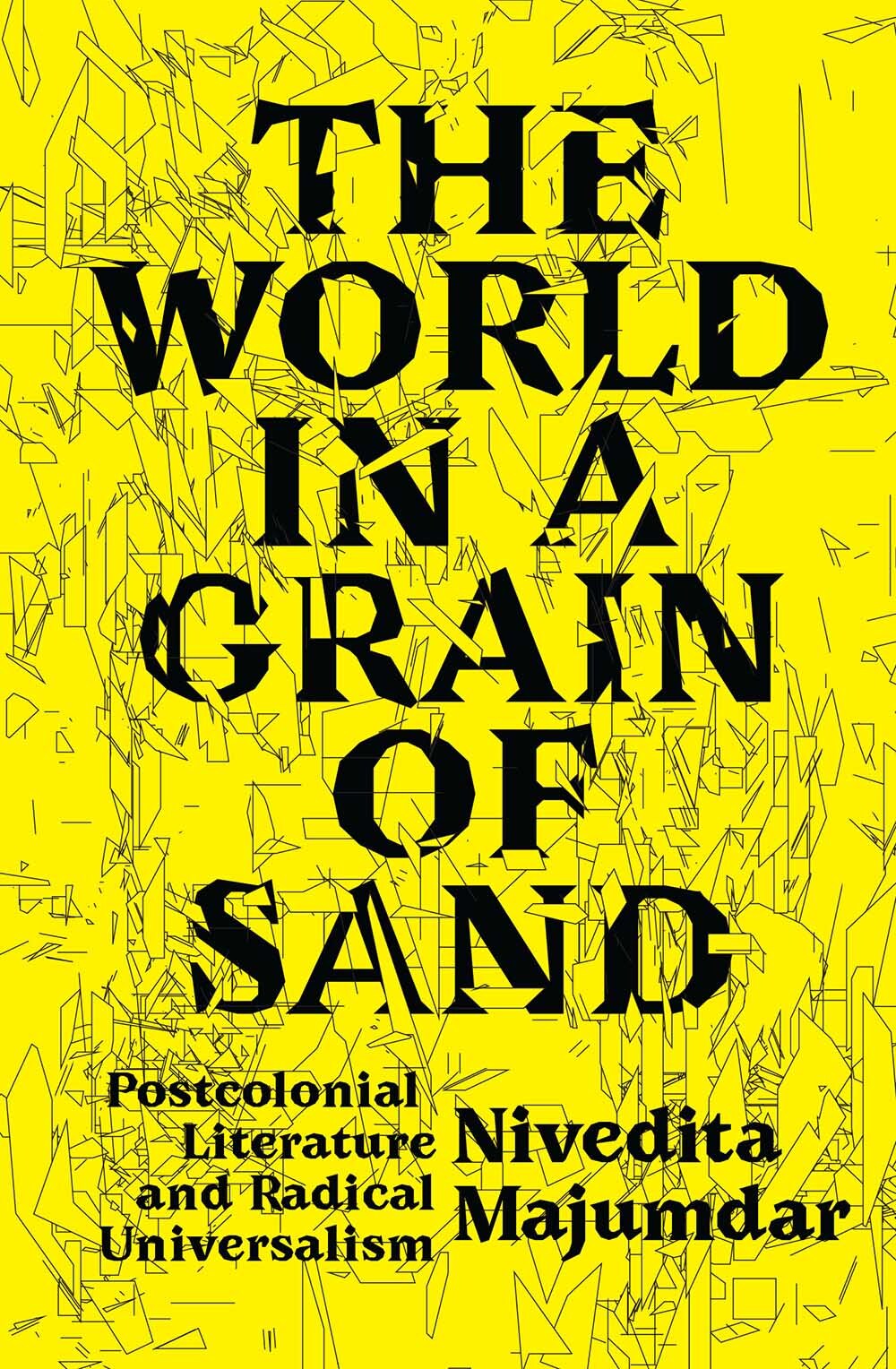
The World in a Grain of Sand
Nivedita Majumdar is Associate Professor of English at John Jay College, City University of New York. She has researched and published on wide-ranging issues in literary and political theories. The Other Side of Terror , a volume she edited, offers an analysis of the phenomenon of terrorism on the global stage, delving into its historical and political roots in South Asia as well as literary and historical representations of terrorism.
The World in a Grain of Sand
Postcolonial Literature
and Radical Universalism
Nivedita Majumdar

First published by Verso 2021
Nivedita Majumdar 2021
All rights reserved
The moral rights of the author have been asserted
1 3 5 7 9 10 8 6 4 2
Verso
UK: 6 Meard Street, London W1F 0EG
US: 20 Jay Street, Suite 1010, Brooklyn, NY 11201
versobooks.com
Verso is the imprint of New Left Books
ISBN-13: 978-1-78873-746-3
ISBN-13: 978-1-78873-747-0 (UK EBK)
ISBN-13: 978-1-78873-748-7 (US EBK)
British Library Cataloguing in Publication Data
A catalogue record for this book is available from the British Library
Library of Congress Cataloging-in-Publication Data
A catalog record for this book is available from the Library of Congress
Library of Congress Control Number: 2020948737
Typeset in Minion by Biblichor Ltd, Edinburgh
Printed and bound by CPI Group (UK) Ltd, Croydon CR0 4YY
For
Vivek and Ananya
My Home in the World
Contents
_____________
__________________________
This book was in the making for several long years, but it was a rewarding period. While conceiving of the project, I was fortunate to have tenure affording me both the duration of time and the academic freedom I needed to write the book I wanted. It is a matter of great satisfaction to me that the bulk of the book was written during the years when I was most intensely involved in political work. I was elected for two terms to a principal officer position in my union, the Professional Staff Congress, the faculty and staff union of the City University of New York; it has meant six years of full-time union work. Consequently, large parts of the book were written in between strategy and organizing meetings, in Amtrak stations and airports while traveling to state-wide and national union gatherings, and in a neighborhood caf close to my union office. During these years, I benefitted from long hours in the company of wonderful colleagues and comrades like Mike Fabricant, Steve London, Andrea Vsquez, Sharon Persinger, Lorraine Cohen, Bob Cermele, John Pittman, Tony O Brian, Manny Ness, Dan Pinello, Jerry Markowitz, and many others. I especially honor our union president, Barbara Bowen, an early modern scholar, who sacrificed what undoubtedly would have been a luminous academic career for building one of the most progressive unions in the country. Im deeply grateful for the support, generosity, and the political education that I have received working with Barbara, and others. The motivating energy underlying this book of literary exploration is fundamentally a political one, so it was a remarkable privilege to be thinking and writing alongside organizing members and negotiating contracts.
Im grateful to Devin Harner, Paul Narkunas, Alexander Long, Bettina Carbonell, Jean Mills, Liza Yukins, Dale Barleben, Caroline Reitz, Melinda Powers, Richard Haw, Alexander Schultz, and John Staines among others for making my academic home, the English department at John Jay College, a strong contender if there was ever a contest for the most collegial and warm workplace. A special word of thanks to the several chairs at different periods from all of whom Ive received unqualified support and encouragement: the late Chris Suggs, Margaret Tabb, Allison Pease and Jay Gates. The companionship and generosity of my buddies, Valerie Allen and Toy Tung, have seen me through the hardships of writing this book and much more.
My dearest friends Aruna Krishnamurthy and Shakti Jaising, both, insightful literary scholars, kindly read and offered advice on several chapter drafts at short notice. I owe a debt of deep gratitude to my friend, Bashir Abu-Manneh for being a rock with encouragement, advice, and camaraderie; Bashir made the book better with his astute feedback on every chapter. Thanks to Avis Lang and Elliot Podwill for the love and support; I owe Avis also for her helpful reading of the manuscript. Ida Cheng, and also, Swati Sharma have been delightful companions offering tea and banter while I kvetched about writing and more.
The Mellon fellowship, grants from the CUNY Research Foundation, and from the Office for the Advancement of Research at John Jay College, provided much appreciated support to the project. A fellowship program at the Center for Place, Culture and Politics, became a source for a stimulating semester of weekly discussions led by David Harvey and Ruthie Gilmore; it helped shape some of the core ideas of the book. Thanks to Shelly Eversley and Matt Brim for their stewardship of the Faculty Fellowship Publication Program at CUNY which has been a source of support and has offered me the privilege of serving as a research mentor to junior faculty. Im grateful for the invitation to share parts of the project at the Centre for Marxist Studies, Dehradun, the University of Florida, Gainesville, Wits University, Johannesburg, School of Visual Arts, New York, and at the Center for Womens Studies, Zagreb. Id like to thank Achin Vanaik, Phil Wegner, Vishvas Satgar, Jeremy Cohan, and Karolina Hrga for the opportunities, each of which proved to be wonderful and instructive.
Parts of Commonwealth Studies respectively; thanks to the journals for permission to reprint. At Verso Books, thanks to my editor, Sebastian Budgen for believing in the project, to Duncan Ranslem and the rest of the Verso team for their work on the production process. Sam Smith did an excellent copyediting job.
My mother-in-law, Darshan Perusek has been a source of support and encouragement over the years; her own incisive literary criticism is referenced in the book. I am indebted to my father, and my family in India for the emotional anchoring that sustains my work and life. It saddens me deeply that I am not able to share the book with my mother who passed away in 2009. I was eleven, when over a period of a couple of weeks, she read to me Bibhutibhusan Bandopadhyays Pather Panchali, and we laughed and cried together with the characters. A voracious reader and a gifted writer, my mother instilled in me the love of literature. She would have had a lot to say on the chapter on Rabindranath and Sharatchandra, two of her favorite authors; Ill miss that conversation, but mostly Ill miss her pride and joy in my accomplishment.
The years it took me to write the book were my daughter, Ananyas middle and high school years with all their anxiety and excitement. During this period, she mostly saw me either rushing to union meetings or working on the book, but took it in stride with the effortless resilience that only the young exhibit. The thought of her reading the book someday has often made me smile and work harder. It is hard to be grateful to Vivek because hes so much a part of me. His faith in me and our shared conviction in the underlying premises that shape this project have been my strength. He has read, reread and helped improve every chapter of the book. Our love and comradeship give meaning to this project and to my life.
Font size:
Interval:
Bookmark:
Similar books «The World in a Grain of Sand: Postcolonial Literature and Radical Universalism»
Look at similar books to The World in a Grain of Sand: Postcolonial Literature and Radical Universalism. We have selected literature similar in name and meaning in the hope of providing readers with more options to find new, interesting, not yet read works.
Discussion, reviews of the book The World in a Grain of Sand: Postcolonial Literature and Radical Universalism and just readers' own opinions. Leave your comments, write what you think about the work, its meaning or the main characters. Specify what exactly you liked and what you didn't like, and why you think so.

